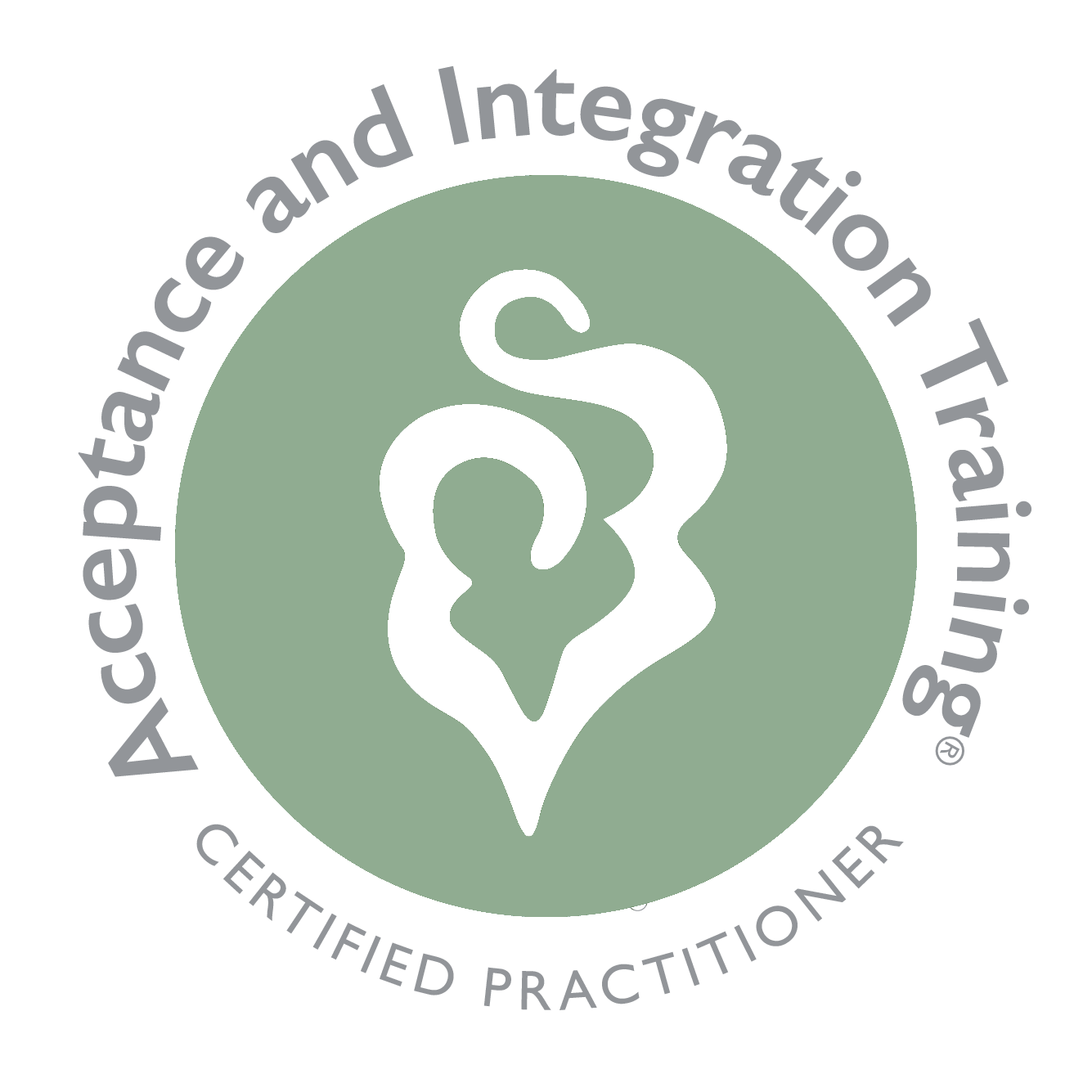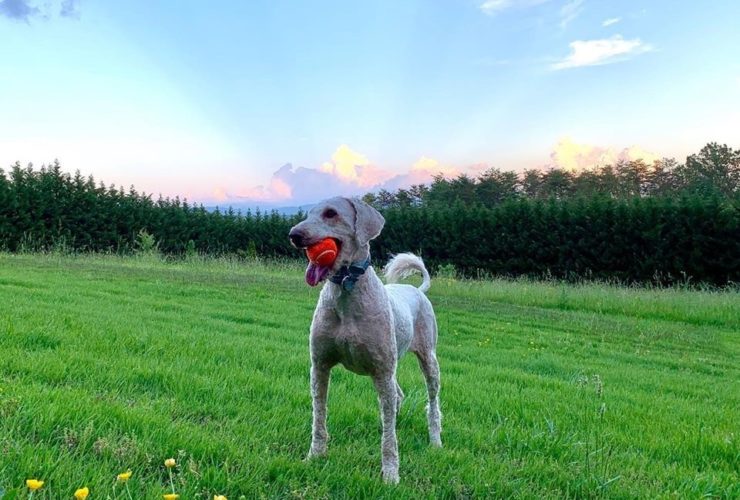Secrets to a Flourishing Practice
A recent issue of Psychotherapy Networker asserted 33% fewer people turn to therapy than they did 20 years ago. Good news. Bad news.
The good news is that our clients are more savvy than 20 years ago. They often come in with a higher level of awareness and clarity about what they want. They are seeking rapid relief and may even tell you they don’t have the patience or time for those “slo-mo” approaches from a “by-gone era.”
The bad news is if you are not staying on the forefront of expansions in our field, you could be left in the dust. What are you doing to stay current in the evolution of psychotherapy?
People have so many more OPTIONS for mental health care and personal development than they did 20 years ago. We cannot expect to simply keep doing what we’ve always done and have the kind of impact, to make the kind of DIFFERENCE in people’s lives that got us into this field in the first place when people are not showing up.
Curious about my essential professional “stay current” list?
- Take AT LEAST one training with your mentor or his students. This assumes you have a mentor. If you don’t, why not? The value of finding an expert practitioner to study with cannot be underestimated. In the more than thirty years of my professional practice, I have sought out and studied with masters — for years. After all, how can we expect to learn, to become masterful at helping people if there is no depth of study? Mentoring is a two-way relationship, making space for studying with a mentor is the flip side of a mentor investing in your success. Who doesn’t want a wizard on their side? My mentors STILL can’t convince me that they aren’t wizards!
- Go to one professional conference. The exposure to a variety of psychotherapeutic or coaching interventions can inspire creativity and may just introduce you to your next course of study or mentor. I met my first mentor, Dick Olney at a conference in Salt Lake in 1987. This year, I attended and spoke at Comprehensive Energy Psychology Conference. One of the presenters, Bill Bengston, Ph.D., presented on his work on the implications of resonance theory. I found his work particularly fascinating as I try to glimpse the science behind anecdotes clients and trainees share about how surprised they are that as they resolve inner conflicts, the conflicts in their relationships diminish.
- Engage in professional reading. Choose a professional journal to read and read it. Choose the professional books you will read and READ them. Add to the fun and find a reading buddy. This year, I’ve not read as much as I would like. In addition to a couple of random books that didn’t stick and journals, I’ve re-read three of my mentor’s books, Return to Oneness, Sunyata and Aspectics. And, I’m making my way through Bessel Van Der Kolk’s book, “The Body Keeps the Score.” I aspire to read more. To this end, I’m revisiting my speed-reading skills and amping up those skills before the end of the year.
- Pay it forward. What other profession do you know of that ALSO gives you the means to IMPROVE your own life? Share the wisdom you’ve gained from your investment in professional development. That might mean creating a 6 – 12 week group or class for your clients based on your study. Classes or groups remain an engaging way of providing affordable care, in addition to filling that need many have for community. Writing is another way to pay it forward — articles, blogging, tip sheets. I pay it forward by offering a combination of writing, workshops, groups, training alongside seeing individual clients (mostly other healing arts professionals).
- Learn ethical promotion. We will not have the kind of impact we got in this field to make if we do NOT learn to promote our work. A commitment to continuous learning on this front will empower you to make an even bigger impact, keep your practice flourishing AND better serve your clients. This year, I have been learning about using Facebook Groups. For instance, the AAIT Fellowship Training Group has an active FB group where we are having conversations and consultations to deepen understanding and skillfulness in the practice of Acceptance and Integration Training.
All right, your turn. What do you do to keep yourself professionally current? How have your choices enriched your career? Most importantly, what are you committed to changing to make an even bigger DIFFERENCE?


